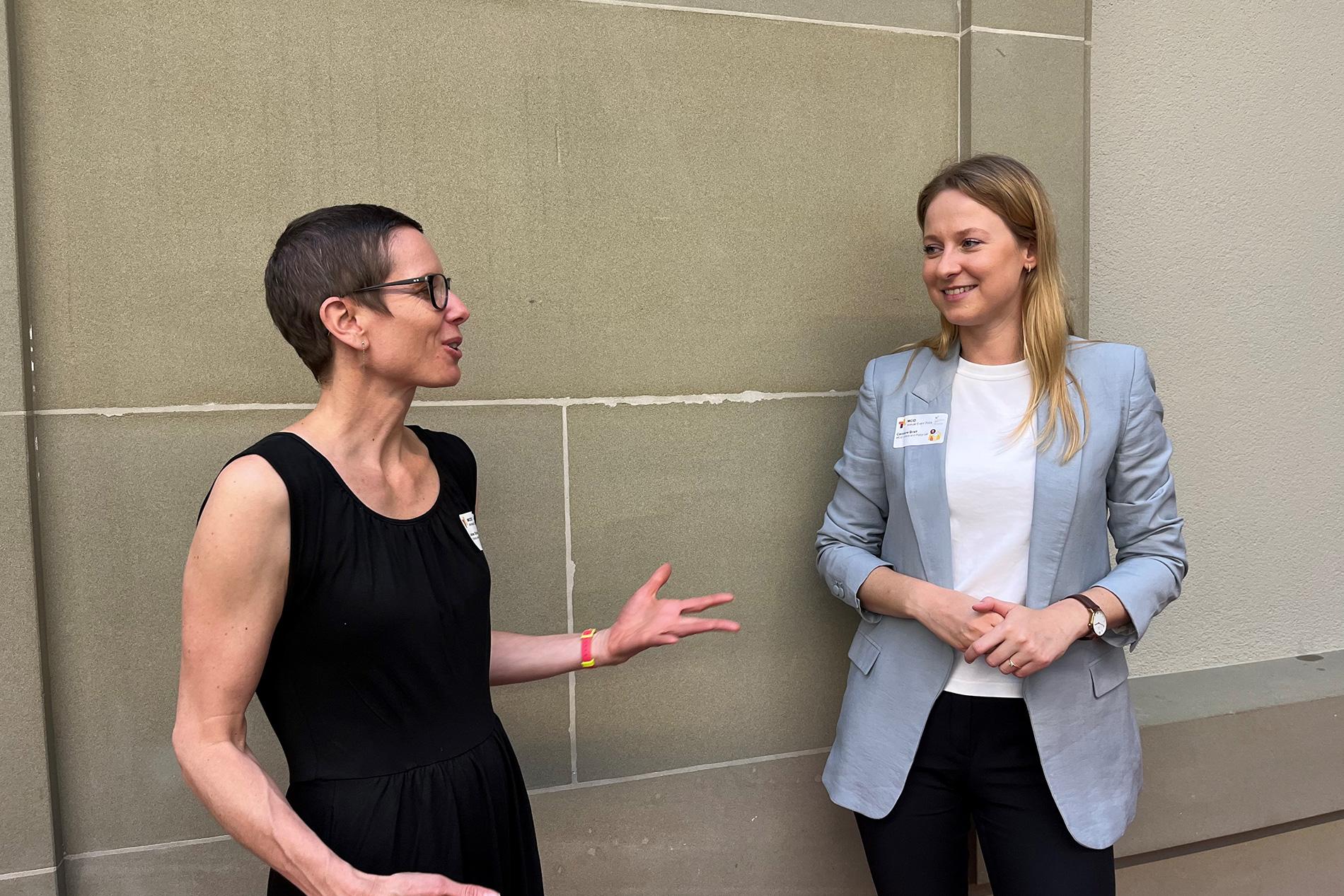(3) A political and ethical analysis of the debate around animal testing

How has the public debate around animal testing in Switzerland progressed since the 1970s? What political narratives and ethical arguments have been put forward? And when, by whom and how have they been used? This research project seeks to answer these and other questions.
Project description
Animal testing and research on animals are important but contentious topics in both politics and wider society in Switzerland. Since the first Animal Welfare Act came into force in 1978, the Swiss electorate has regularly been asked to vote on this issue, most recently in 2022 as part of the “Yes to the ban on animal and human experiments” initiative. Each referendum is preceded by intense public and media debate about the benefits of animal testing, as well as the moral and political implications.
Although many people have witnessed these debates, there are a number of pertinent questions that have not yet been examined. How has the debate progressed since the 1970s? What are the political arguments and narratives that are used by the relevant stakeholders? What are the key ethical arguments and how have they developed over time?
“The aim of this research project is to analyse the political narratives and ethical arguments that make up the public debate in Switzerland,” says Caroline Brall, project leader at the University of Bern. “We want to continue to play our part in improving the quality of the public debate.”
An important aspect of this research project is reference to the 3R principles. These are enshrined in the Animal Welfare Act, but tend to be seldom mentioned in public and political discussions. The project will therefore look at their role in the public debate and how this has developed over time. Caroline Brall and Caroline Schlaufer from the University of Bern will investigate these and other issues over the coming years.
Interested in the progress of this project?
You can find information about the scientific publications, events, collaborations, etc. carried out since the beginning of the research project here.
Original title
A public policy and ethical analysis of the debate on research with animals in Switzerland
